The phrase “dad bod” came about fairly recently, but it didn’t very long to enter the cultural lexicon. It’s a “normal” body type that you typically see on men who are old enough to be, well...dads. It’s been attributed to the drop-off in testosterone production as men age.
It’s meant not so much as an insult, but that doesn’t mean 40-year-old men will be putting “proud dad bod owner” on their Tinder profiles.
But maybe they should, based on the findings from Richard Bribiescas, an anthropology professor at Yale. He claims that men who sport the slightly schlubby physique are seen as more nurturing and more faithful to women, making them more attractive when compared to their hairless, sculpted counterparts.
You’ll probably want a little more support on the whole “dad bods are sexy” argument, so Bribiescas elaborated by stating:
“This change in body composition not only causes men to shop for more comfortable trousers but also facilitates increased survivorship and, hypothetically, a hormonal milieu that would more effectively promote and support paternal investment.”
So, fellas, if you find yourself mocked for not having a six-pack, take comfort in that sexy hormonal milieu of yours, which might be a more effective tool in finding a mate.
If being more attractive to the opposite sex isn’t a compelling enough reason to sculpt that dad bod, it will behoove you to know that it could cause you to actually live longer. Men carrying slightly more fat have been found to be less likely to suffer from heart disease or prostate cancer than those with significantly lower BMIs.
Of course, this assumes that you’re not taking things too far and venturing towards obesity in your quest for a dad bod.
So when you’re sweating out your time at the gym on an exercise bike and happen to notice some Adonis defying gravity with jackknife sit-ups, take comfort in knowing that your more casual approach to fitness might not just help you live longer, but do so with more women lusting after you.
Pretty sweet deal, eh?
















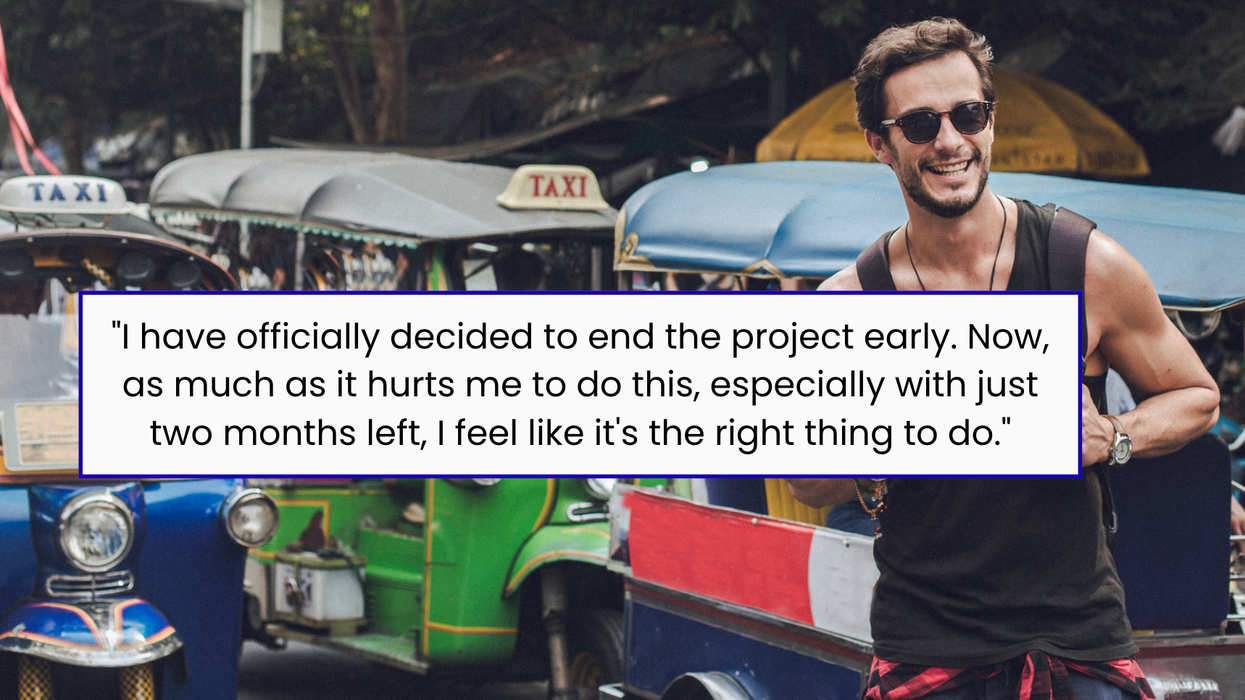
 An RV roams the countrysideCanva
An RV roams the countrysideCanva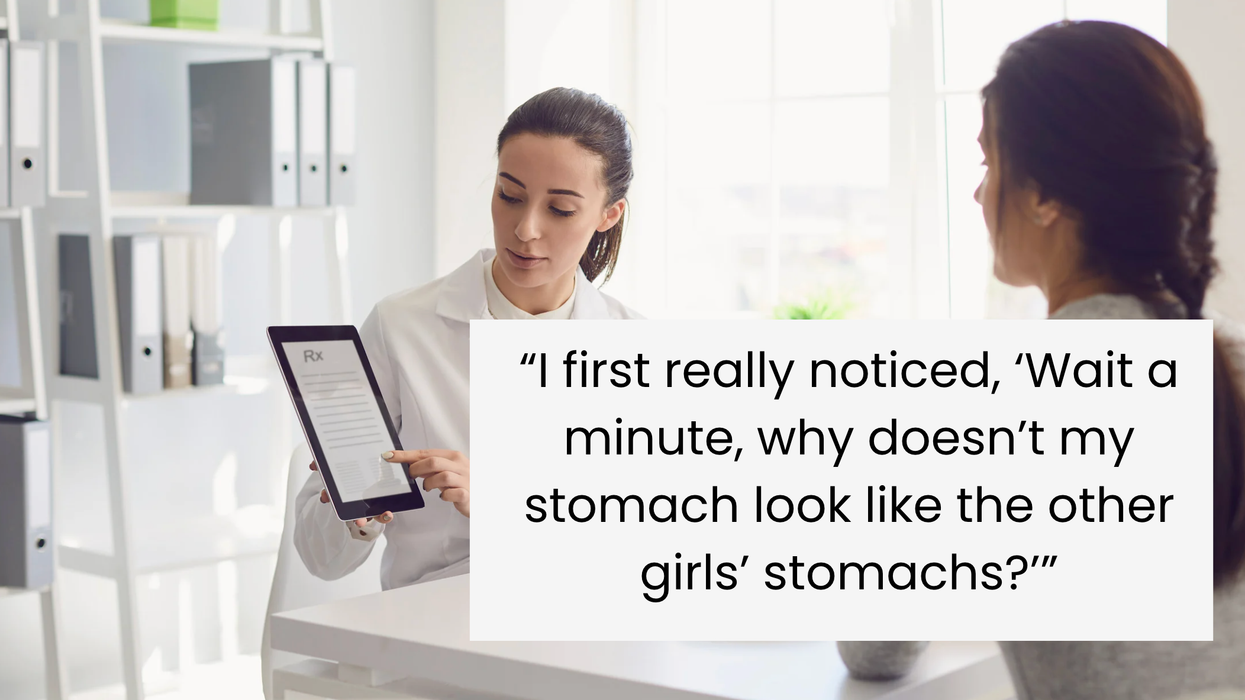
 A group of young dancers line upCanva
A group of young dancers line upCanva A woman with a skin condition looks at her armCanva
A woman with a skin condition looks at her armCanva
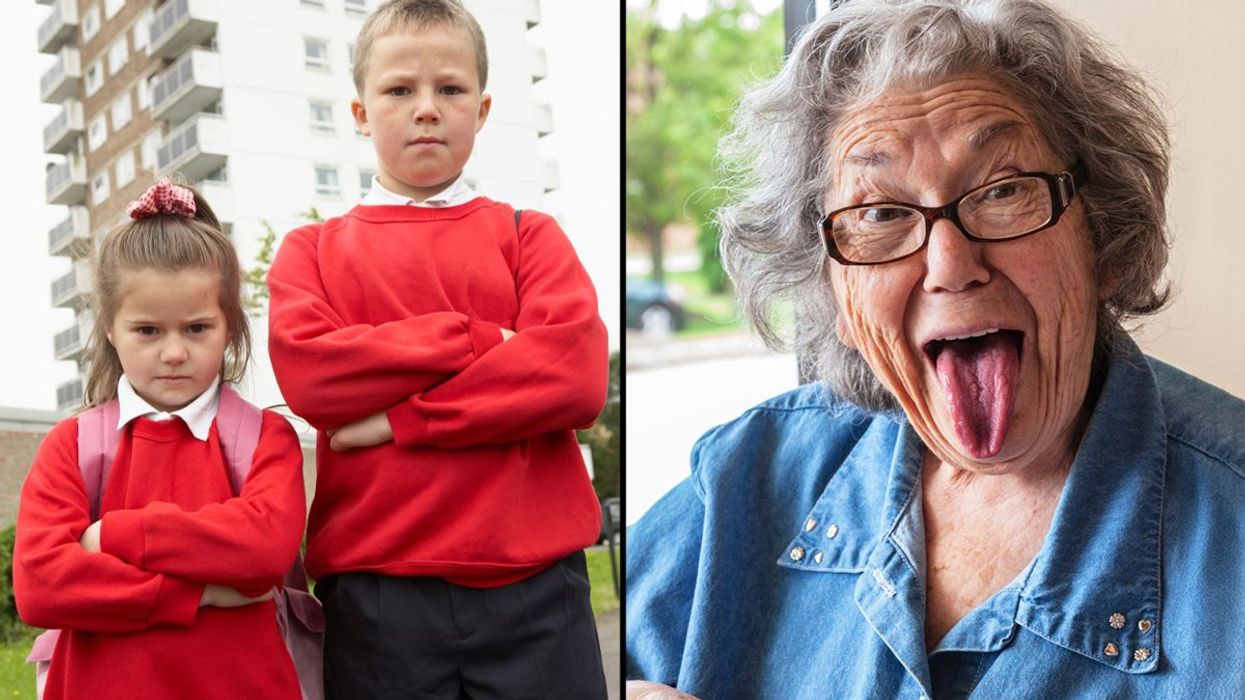
 Students at a table.Image via
Students at a table.Image via 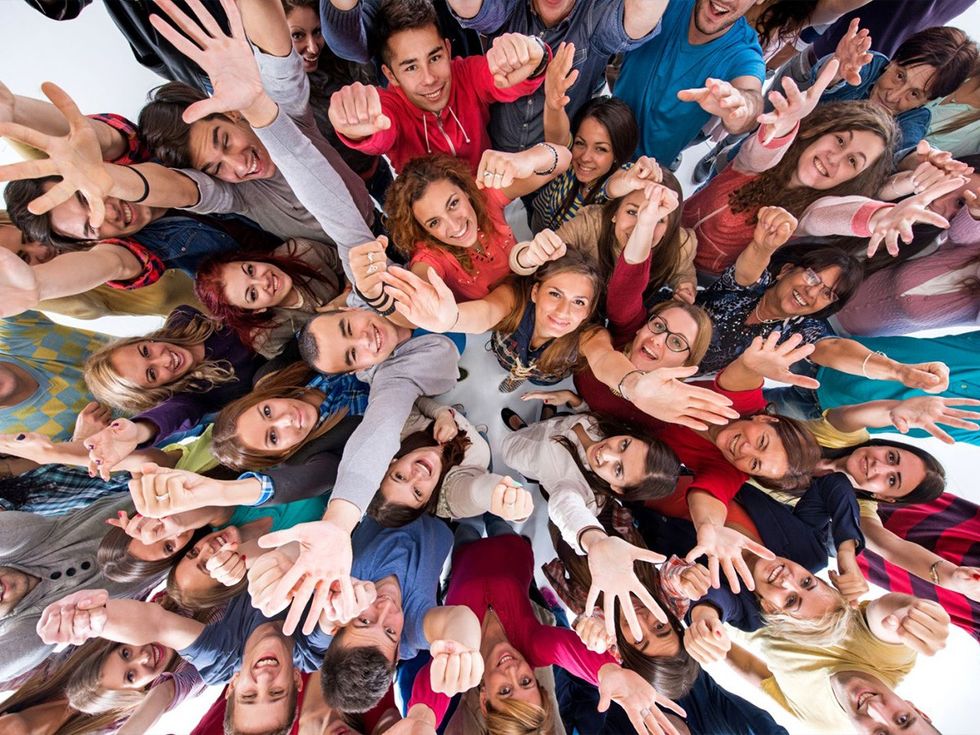 Cheerful group of mixed-age people.Image via
Cheerful group of mixed-age people.Image via  Cool Boomer.Image via
Cool Boomer.Image via 
 An envelope filled with cashCanva
An envelope filled with cashCanva A server takes an orderCanva
A server takes an orderCanva A wait staff hangs out between shiftsCanva
A wait staff hangs out between shiftsCanva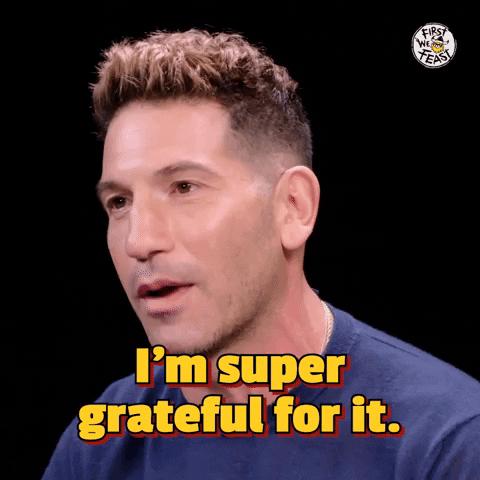 Grateful gif
Grateful gif 